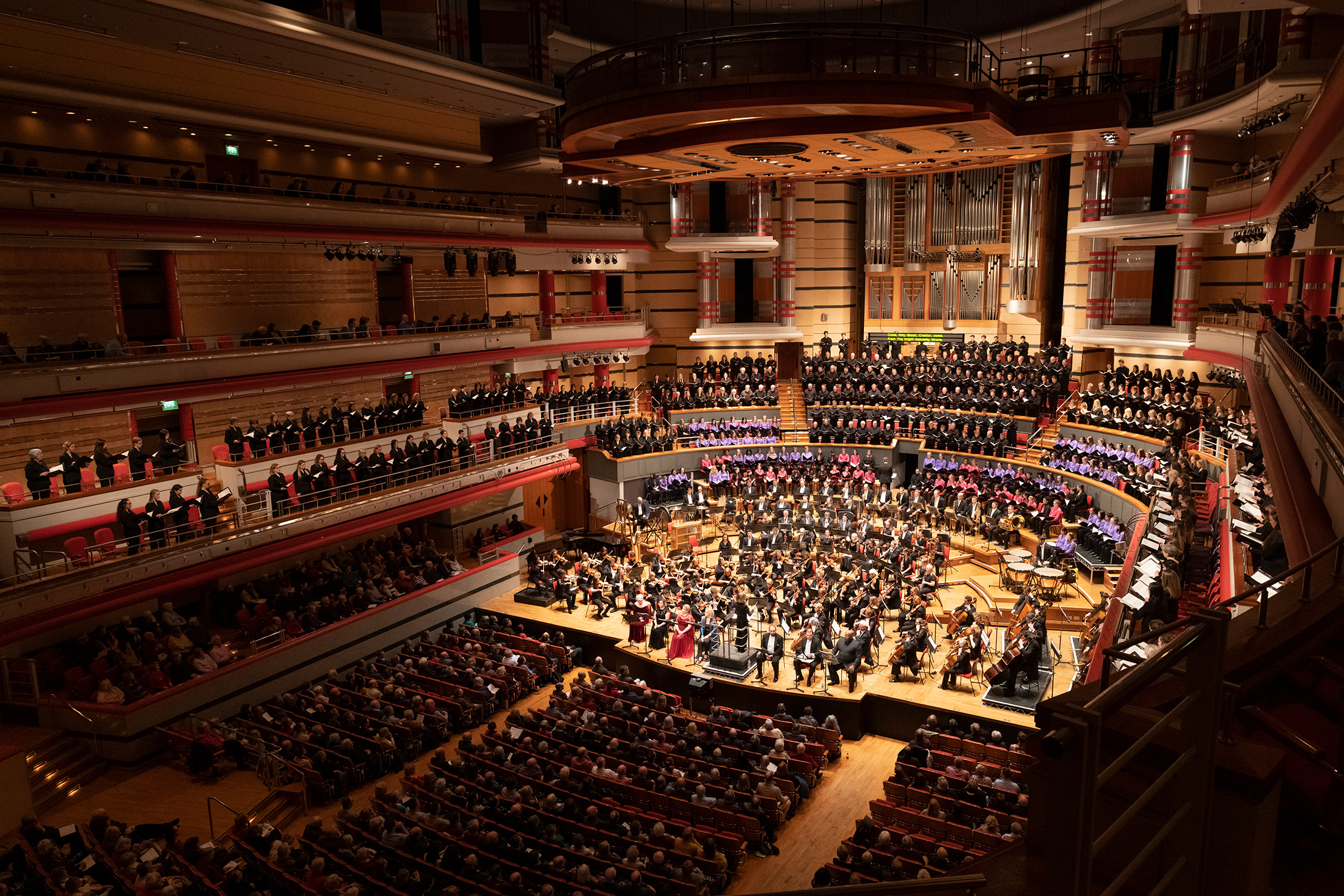The language we use to describe music has the potential to convince, persuade or reassure the newcomer, the sceptic, the wary, or the dubious-minded that classical music is a cultural journey worth embarking upon.
To that end those who are already fans or devotees of classical music play an important role in articulating their passion in a relatable way. It is us who have the opportunity to build community around the art form by drawing on our knowledge and enthusiasm to illustrate why this musical genre matters. Some might say its even a responsibility.
At a point time when the art form needs those advocates at every level to seize the opportunity presented by the gradual return of live performance, we have the chance to channel our collective passion and articulate why the music we love has the impact on us in the way that it does.
This is not to say that music impacts in only one way, nor that it will impact two people in the same way necessarily. Rather, by sharing our reflections on how music impacts us personally, we underline why curiosity and awareness are the only requirements for exploring this wide and varied genre.
Thoroughly Good as a business is built around this core value, a value discovered as a result of numerous conversations with artists and audience members. When the curious amongst us hear people talk about the music they love, we are encouraged, persuaded perhaps even compelled to listen to it too.
Being mindful of the language we use to describe music is vital. We need to present ourselves as a welcoming community, open to all.



